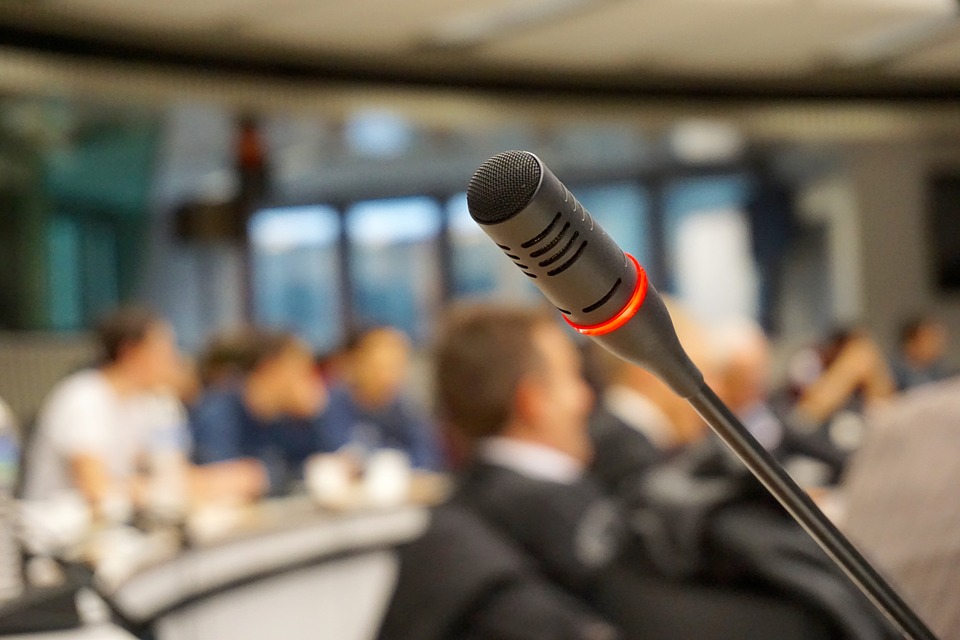Interview with Gjergji Vurmo, Programme Director of Institute for Democracy and Mediation (IDM)
There has been a significant progress in CS involvement in policymaking in Albania, but this still happens just because Brussels wants it and not because our politicians understand its value.

Gjergji Vurmo
In the light of progress achieved in Albania and Macedonia in the rule of law area, the European Commission recommended opening negotiations with these two countries in its recent reports. The decision is supposed to be a topic of EU Council meeting in June 2018. What are your opinions and expectation of this Summit? Is Albania ready for accession negotiations with the EU?
Clearly, the EC reports suggested both countries are ready. But I think there is a big fuss about “the opening of accession negotiations” which is partly justified by the “unjustified progress of the negotiations”. This is, in fact, the fear in some member states when they look at the backsliding of democracy in Hungary and Poland.
In the distant or even recent past, some aspects of the negotiations were not properly managed. Benchmarks were unclear and emphasis was placed on the formal part – alignment of legislation on paper – but not in practice. However, this is not an excuse to postpone the opening of accession negotiations but rather to make them (negotiations) more efficient and rigorous. That way, an accessio0n country will continue its reforms in such a structured framework. Additionally, the accession negotiations should come in a context of increased presence and transformative influence from the EU, with rigorous benchmarks and monitoring of the actual implementation. The people in the region want that. The question is whether EU and its member states are ready to assume the responsibilities they claim to have and to exert the transformative power of EU.
IDM has been following Albania’s EU integration process and the related reforms for the past 15 years. How much is civil society involved in the policymaking process in your country? What needs to be done to further enable CSO involvement?
It is still far from an established practice and culture of governance. There has been significant progress but CS involvement is still happening just because Brussels wants it and not because our politicians understand the value of CS involvement and public consultations.
There is no simple answer to the question on how to change that in order to improve CSOs involvement. It is a process that needs to embark on many sectors and to embrace many stakeholders’ efforts. It should start with citizens, who need to show greater trust in the power of civic action and civic engagement. The same holds true for other non-state players. The change has to involve public administration as well. Most importantly – political players and state institutions are the trickiest part. Undemocratic political players (parties) have absolutely no interest to involve the public and civil society. Their excuse is that the citizens voted for them… once in four years… often in manipulated elections. This is where all of us should “hit the system” in order to bring back people’s hope and trust in institutions and rule of law.
The EU has reiterated that new accessions will not happen unless the Western Balkan countries solve their bilateral disputes, demanding a stronger regional cooperation in the upcoming years. In what way can CSOs speed up this process and facilitate reconciliation in the region?
Absolutely, yes. But I still think that bilateral disputes are often hostage of corrupt political elites which make a living out of (stay in power thanks to) such disputes. So yes, CSOs can certainly contribute to reconciliation and regional cooperation but I think we need to work more to build national accountable institutions/players driven by the public interest and democratic values.
IDM is a member of the regional Think for Europe Network (TEN). How do you assess the significance of TEN’s work for the improvement and promotion of regional research? Can the added value of regional CSO networking serve to the WB states as an example of good cooperation?
Research and evidence-based policymaking have been long ignored in our region and in this context, TEN resources and capacities are a great asset for the regional cooperation as much as for the national processes of development reforms and EU accession. The research resources of TEN and those among other regional platforms require more structured support by donors. We often compete in a pan-European environment with a longer history of the building, developing and utilizing of research capacities in the policymaking and other spheres. Despite our success, we still have to catch up in terms of quality but when it comes to the WB region, we’re probably much better positioned in terms of contextual knowledge.
IDM also participates in the regional WeBER Project. Could you share with us the most significant research projects that the IDM is currently implementing in Albania? Which of these topics have a potential and relevance to be analysed on the regional level?
IDM just completed an important study on Religious tolerance in Albania. This is the first baseline assessment that offers evidence and answers to some key questions, such as: What are the foundations of this important value? What makes it possible? How to preserve it and advance it? Additionally, our team is working on the second evaluation of violent extremism phenomenon in Albania, which will update the 2015 datasets and policy recommendations. Both studies may offer significant knowledge and resources for the WB region which has been struggling with various conflicts for a long time.
Finally, IDM is conducting the research for Albania in the framework of a regional initiative on Governance risks for state capture, lead by Partnership for Social Development (Croatia) and other partners in all western Balkan countries. The purpose of the research is to assess corruption and state capture risks in a number of areas such as public procurement, judiciary, law enforcement etc.
*This interview is produced as a part of the sixth issue of the TEN Newsletter.

